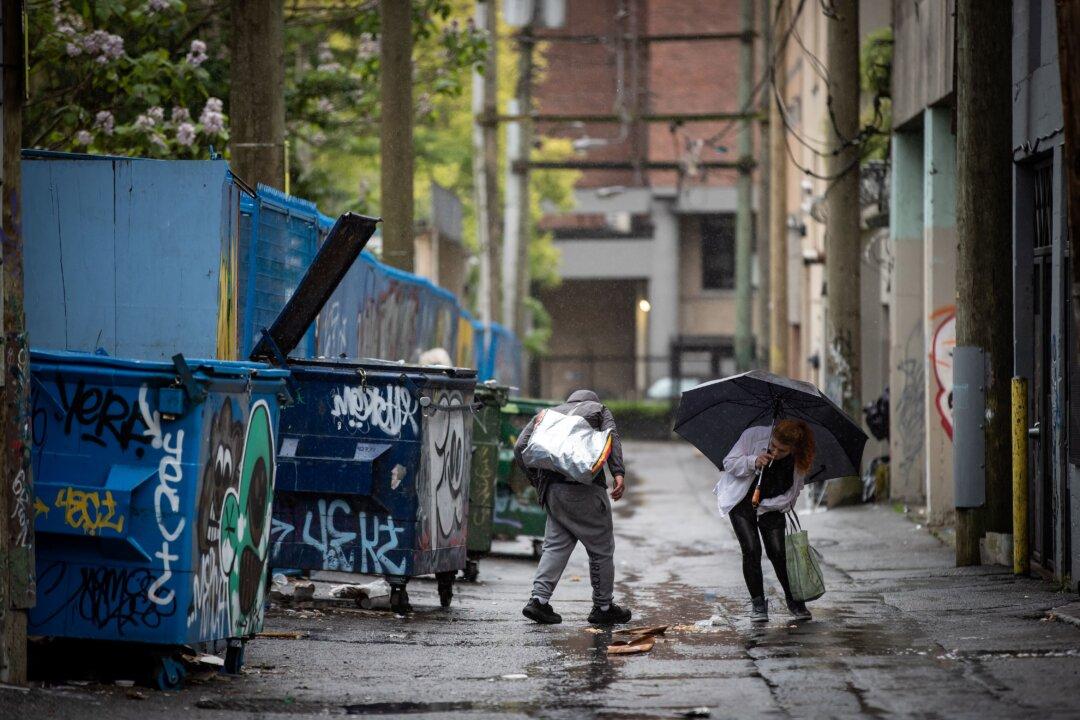The B.C. government is tabling legislation that will ban illicit drug use in public spaces, including playgrounds, skateparks, beaches, parks, and more, just 10 months after it initiated a pilot program that decriminalizes small amounts of illegal substances.
“The toxic drug crisis has taken too many lives, too soon. That’s why we’re doing everything we can to save lives and help people struggling with addiction get treatment,” said Premier David Eby in a news release.





